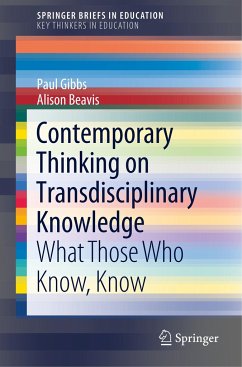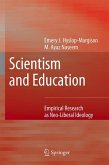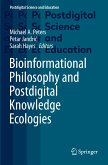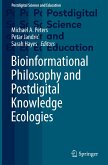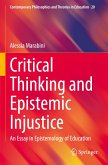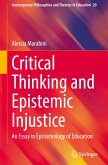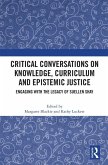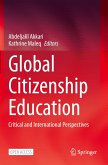How can we understand what a transdisciplinary (TD) approach might actually comprise of, given its complex and various uses? This book asks the question of leading practitioners in the field of higher education and transdisciplinarity.
The emergence of transdisciplinarity has been a response to the often-failed closed-system, discipline-based approaches to solving complex social problems (various reports and definitions may be found in projects reported by the OECD, UNESCO and EU). These failures are often contingent upon disaggregated notions of epistemology and the compounding failures of ontological incongruities that are evident in these discipline-based approaches. Such approaches are not necessarily confined to large, seemingly insurmountable social problems, but apply equally well to issues in educational institutions as workplaces. Transdisciplinary knowledge is in the liberation of new and imaginative understanding of the structured reality of open social systems. It gives rise to generative mechanisms, which are central to relationships of agency and structure.
The emergence of transdisciplinarity has been a response to the often-failed closed-system, discipline-based approaches to solving complex social problems (various reports and definitions may be found in projects reported by the OECD, UNESCO and EU). These failures are often contingent upon disaggregated notions of epistemology and the compounding failures of ontological incongruities that are evident in these discipline-based approaches. Such approaches are not necessarily confined to large, seemingly insurmountable social problems, but apply equally well to issues in educational institutions as workplaces. Transdisciplinary knowledge is in the liberation of new and imaginative understanding of the structured reality of open social systems. It gives rise to generative mechanisms, which are central to relationships of agency and structure.

